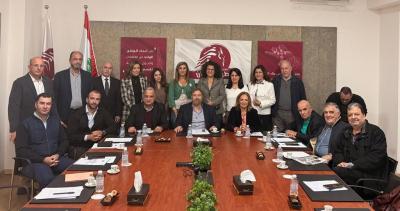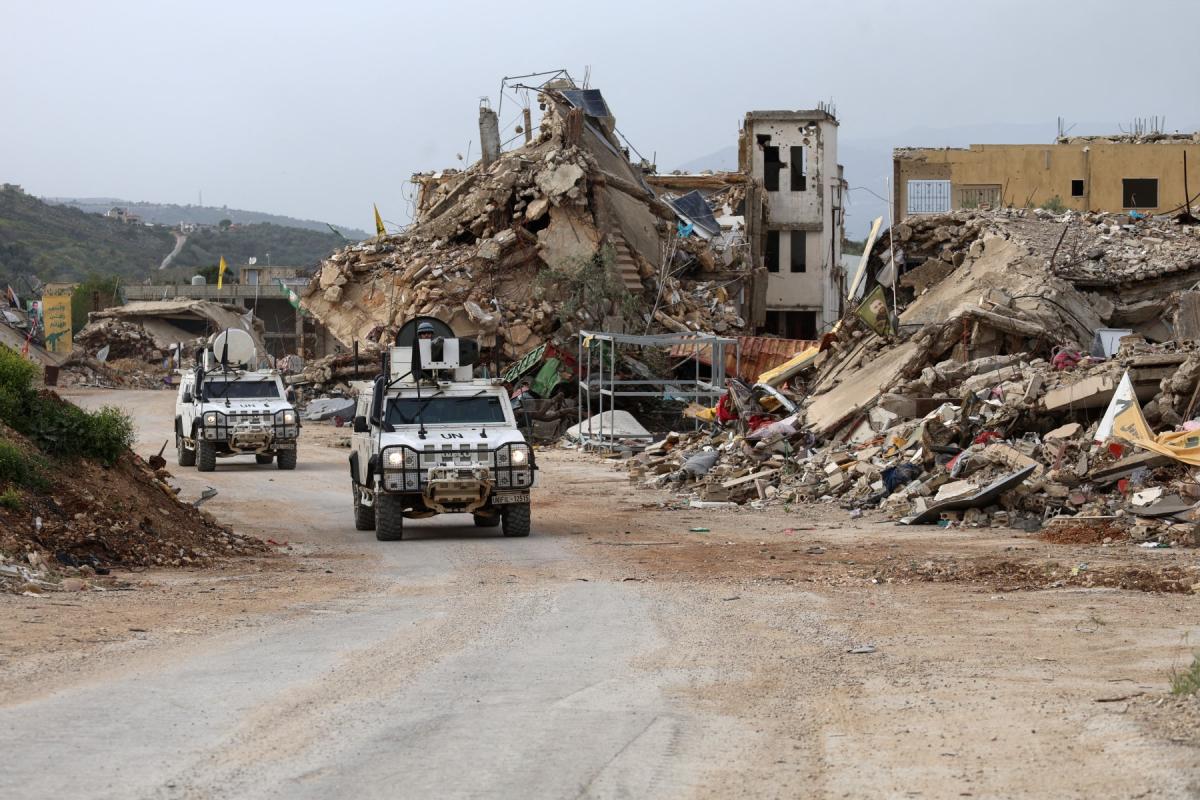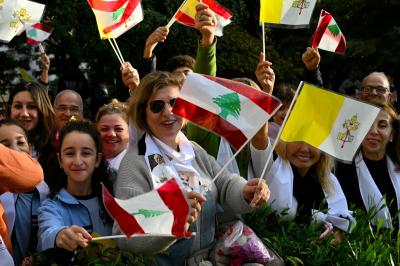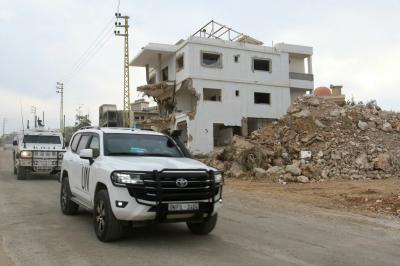Every era has its own tools, and the post–October 7 landscape—with the decisive push to dismantle Iran’s regional arms, including "Hezbollah", and the new Middle East order shaped by the Abraham Accords and direct Israeli–Arab ties—places the United Nations Interim Force in Lebanon (UNIFIL) at a crossroads: either rejuvenation or retirement.
For the first time since its creation in 1978, the mission’s mandate renewal is no longer automatic. The Security Council session scheduled last Monday to decide UNIFIL’s fate was postponed, amid wrangling between two options: refreshing its mandate to align with the current phase—namely, addressing "Hezbollah"’s weaponry and infrastructure from south of the Litani River to beyond it—or phasing out the mission under U.S. pressure, effectively terminating its role within a year.
Historically, UNIFIL has been a peacekeeping, not a peacemaking, force. Its mandate is not under Chapter VII, though Resolution 1701 gave it what some dubbed a “Chapter Six-and-a-Half” status. Yet its limitations became glaringly obvious when "Hezbollah"’s military infrastructure was exposed during the “Unity of Fronts” war.
Israel remains deeply critical of UNIFIL. The tunnels "Hezbollah" dug were literally beneath its nose—sometimes only meters away—while the group amassed a vast arsenal south of the Litani in defiance of Resolution 1701. To Tel Aviv, the force is a “silent witness.” Moreover, Israel has never forgiven UNIFIL for refusing its demands to withdraw from certain positions during the 66-day war.
"Hezbollah", for its part, dismisses UNIFIL as little more than a “desert mirage,” a glorified notetaker logging Israeli violations. It has gone further, frequently accusing the force’s leadership of collusion with Israel and claiming some peacekeepers act as informants for the Israeli army. The group has not hesitated to orchestrate “angry residents” to harass, intimidate, and obstruct UNIFIL patrols, effectively appointing itself guardian of their movements by force of fait accompli.
Lebanon’s official stance is more pragmatic: it seeks to preserve UNIFIL as a witness to Israeli violations and as a buffer against direct clashes. Officials fear the danger of the mission’s premature withdrawal before Israel pulls back from the south, Lebanese prisoners are returned, the national army deploys fully to the internationally recognized border, and Resolution 1701 is fully implemented. President Joseph Aoun has been explicit on these points. Speaker Nabih Berri, meanwhile, views UNIFIL not only as a stabilizing force but also as a vital economic, developmental, and medical contributor in southern communities, aware of the void its departure would create and the heightened risk of direct friction.
The real showdown, however, is playing out at the Security Council—between Washington on one side and France and other members on the other. The United States is pushing for a one-year conditional renewal with a clear timeline. This would require UNIFIL to play a more active role in enforcing a ceasefire and implementing Resolution 1701, effectively accelerating "Hezbollah"’s disarmament and stripping it of the symbolic authority that restricts UNIFIL’s movements. Failing that, Washington favors a phased withdrawal by next August, forcing Lebanon to step in, secure its borders, and take on the politically explosive task of seizing "Hezbollah"’s weapons and exposing its sites—at the risk of sparking clashes both with the group and directly with Israel. Tel Aviv, in turn, could leverage such confrontations as a “carrot-and-stick” tactic to nudge Lebanon toward the Abraham Accords, following Syria’s example.
Whatever the outcome, one fact is clear: UNIFIL cannot remain unchanged after October 7. This alone reflects the scale of regional shifts and the evolving international approach to Lebanon. All eyes now turn to the force’s new mandate: Will it extend its stay beyond a year, signaling a U.S.–Israeli retreat from calls for its termination? How will Lebanon’s leadership react to broader duties? And will "Hezbollah" confine its opposition to orchestrated street anger and motorbike parades, while tacitly bowing to reality?
Please post your comments on:
[email protected]
 Politics
Politics













